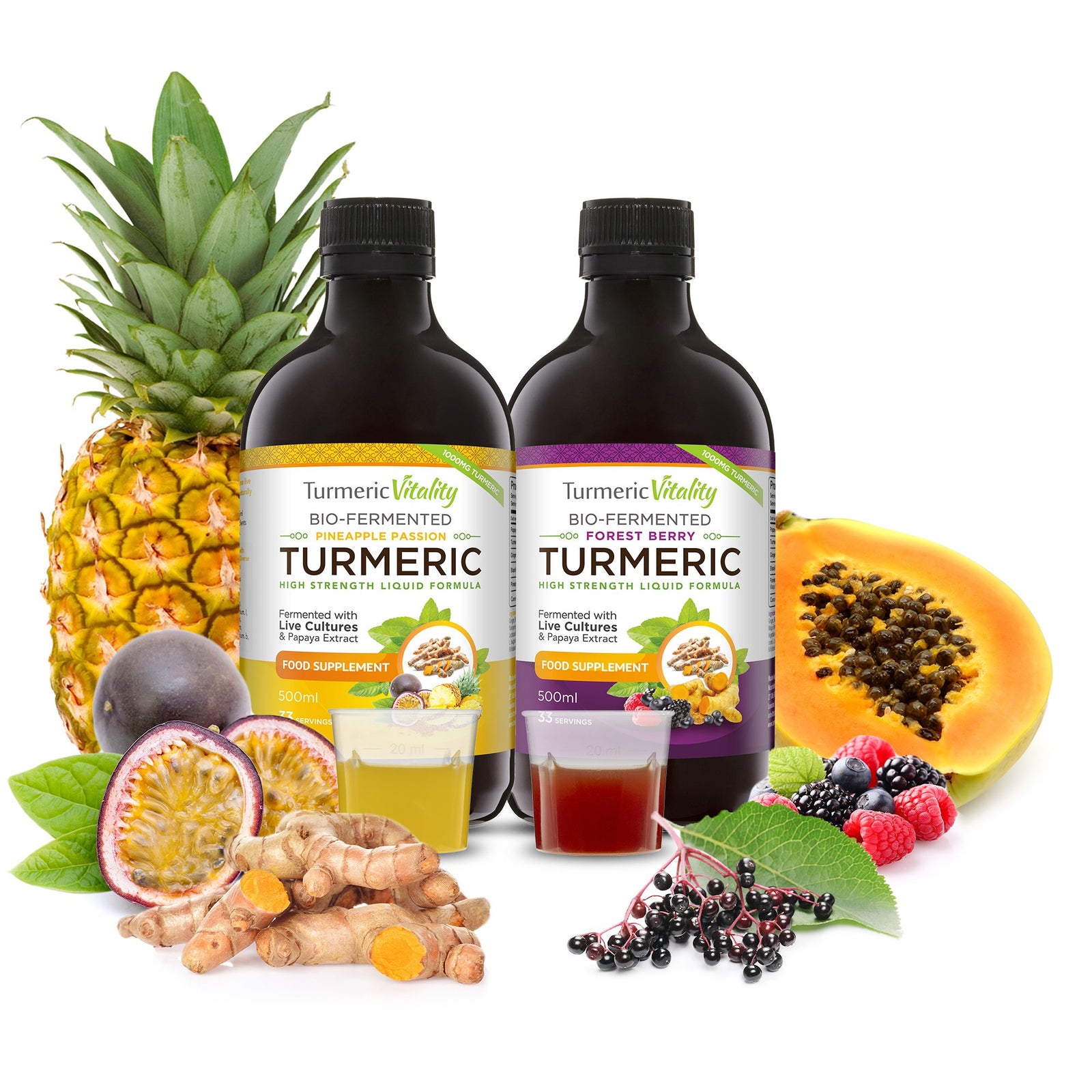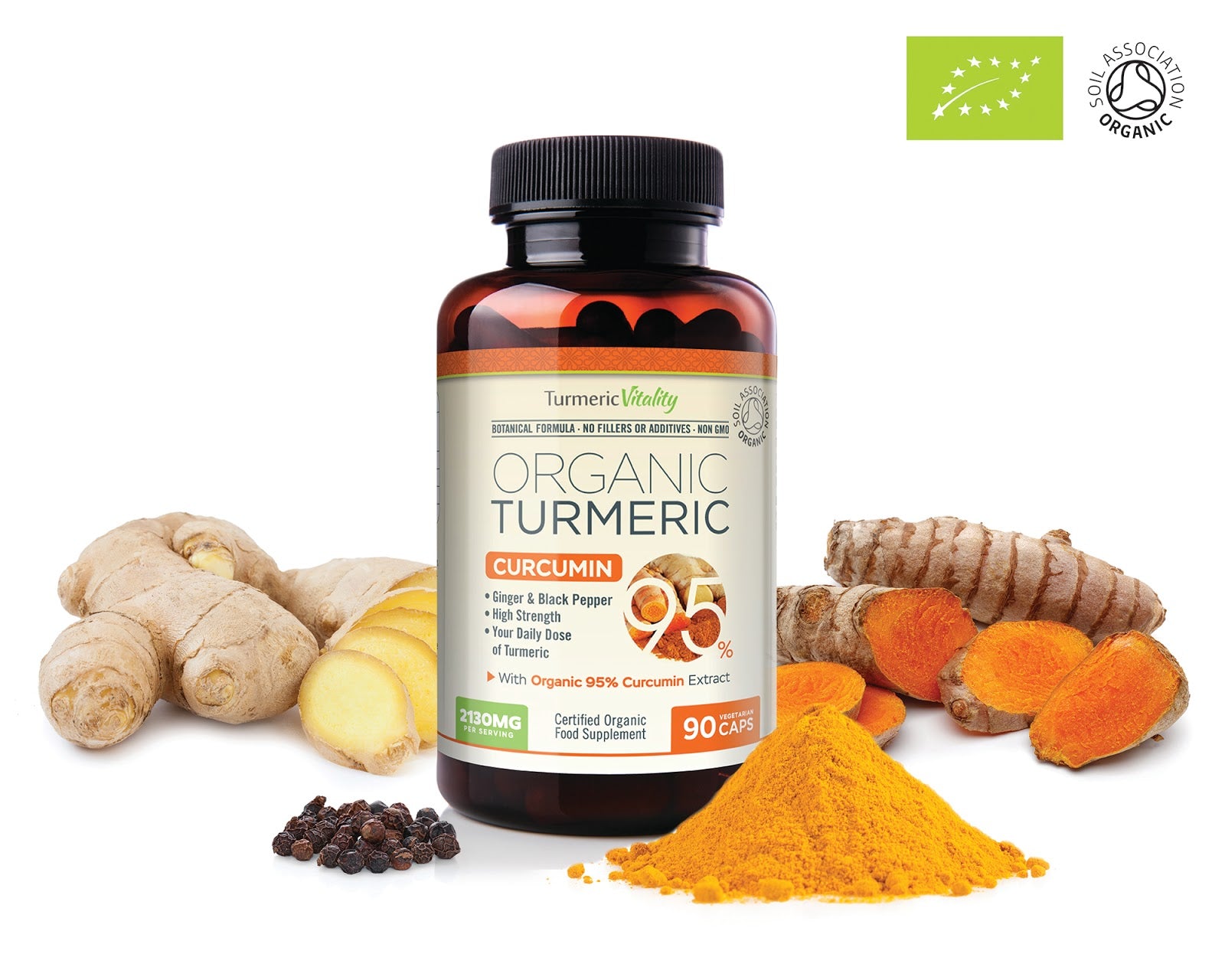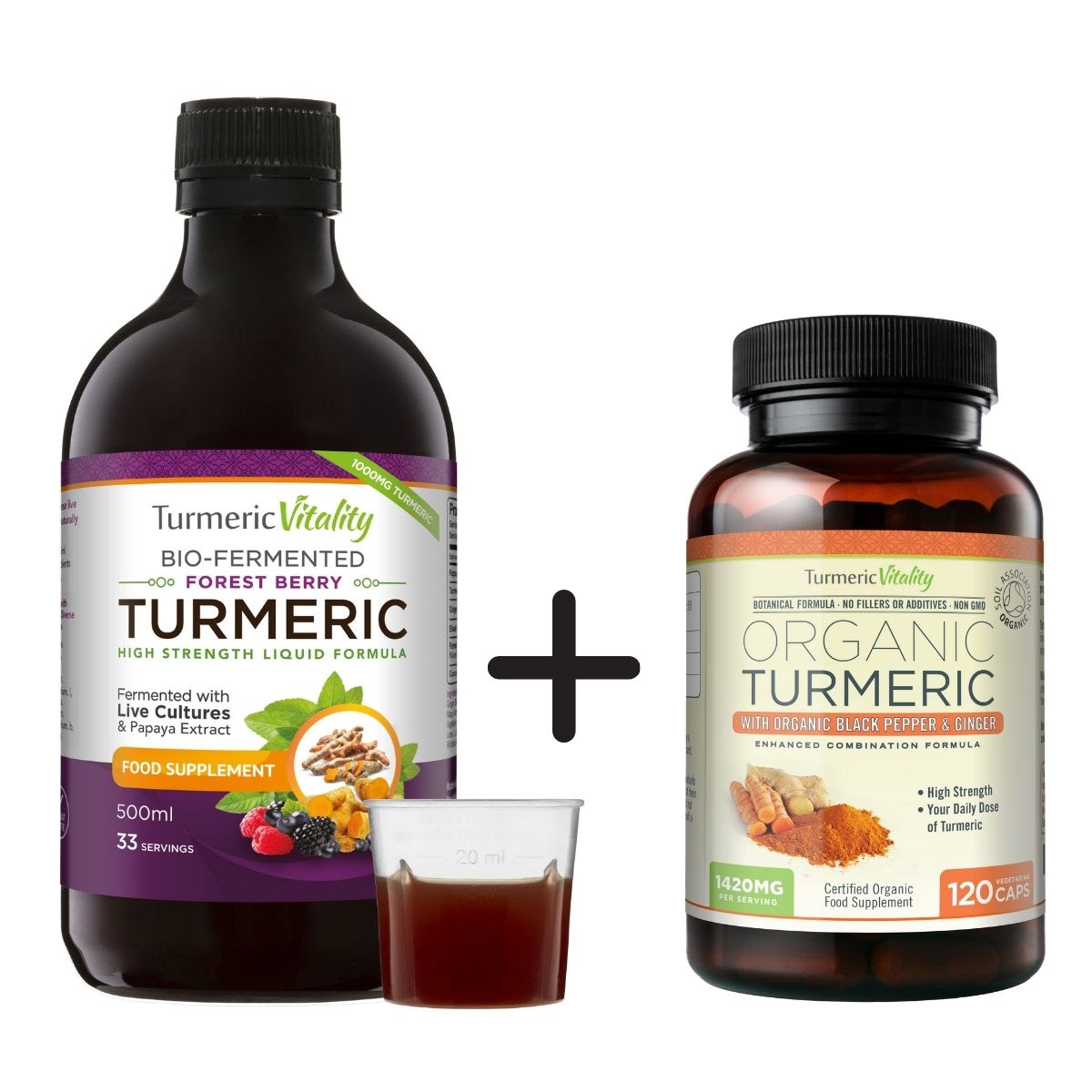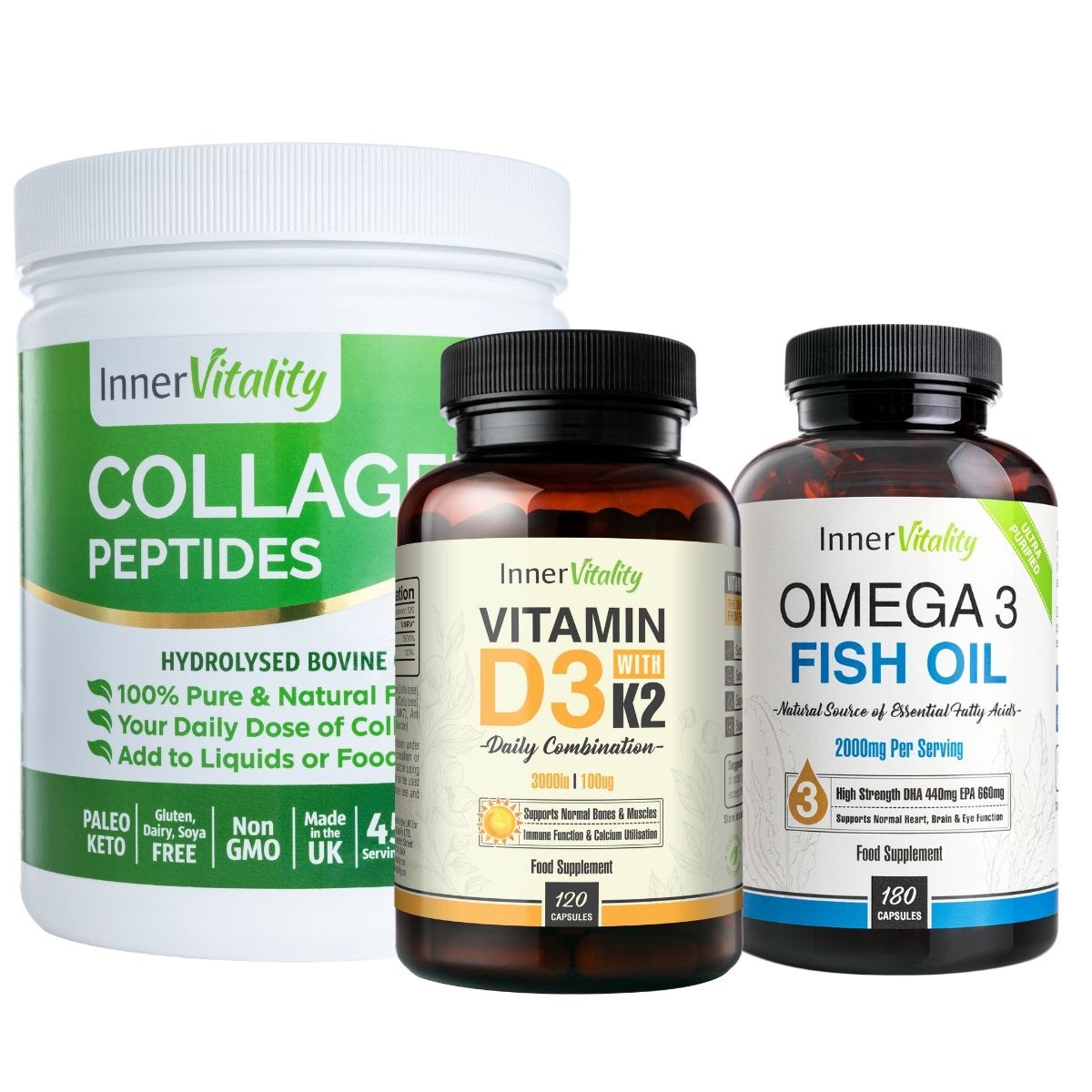SYMPTOMS OF GLUTEN INTOLERANCE
While gluten intolerance can take many forms, the most common include bloating, abdominal pain and digestive upset. In fact, up to 83% of those with gluten intolerance experience abdominal pain, and 50%experience diarrhoea. (13)
SHOULD YOU GO GLUTEN-FREE?
There are certain groups of people that could benefit from a gluten-free diet. Those with autoimmune diseases, for example, may do better on a gluten-free diet. One theory for this is molecular mimicry, in which foreign antigens (like gluten) look similar to the body’s own antigens, so continued exposure to gluten triggers an antibody response to the body’s own cells. (14)
Gluten intolerance has also been associated in people with digestive disorders, such as Crohn’s, IBS, or ulcerative colitis--and as such, they may do better with eliminating gluten from their diets. (15)
Unsure of whether or not you’d benefit from a gluten-free diet? Try cutting it out for 30 days and notice how you feel. Make sure you’re choosing whole, unprocessed gluten-free foods (like buckwheat, oats or quinoa) and limiting gluten-free processed foods--they tend to be as unhealthy as their gluten-filled counterparts!
FAT: FAB OR FAD?
When it comes to eating fat, the question isn't necessarily if you should, but rather where is your fat coming from?
We saw the demonization of fats in the 90s, where everything was low-fat (and consequently high-sugar) and everyone was swapping out their butter for “heart-healthy” vegetable oils. But that came with its own set of problems.
THE PROBLEM WITH VEGETABLE OILS
Vegetable oils are quite literally oils that have been extracted from plants, like corn, soy and canola (rapeseed). And as you can imagine, these plants don’t actually have a lot of fat in them, so there's a lot of work that goes into extracting these oils. Processed vegetable oils often require extensive methods, like chemical solvents, to remove these oils.
Like polyunsaturated fats, these vegetable oils are less stable and prone to oxidation--especially when stored in clear, plastic bottles where they’re exposed to light. Furthermore, vegetable oils often contain trans fats, which have been linked to heart disease, diabetes and cancer. (15) While hydrogenated oils are the worst for their high trans fat content, even non-hydrogenated oils can have a makeup of up to 4% trans fats. (16)
THE POWER OF OMEGAS
Another problem with vegetable oils is that they tend to be high in omega-6s. Omega-6s are pro-inflammatory fats, and while we do need this essential omega-6s in our diets to help with immune function and wound healing, too many can lead to chronic inflammation and inflammatory diseases. (17)
The ideal omega-3 to omega-6 ratio is somewhere between 1:1 and 1:4, and yet the average American eats a ratio of 1:16 to 1:50. And again, with omega-6s, sourcing matters. Since these fats are more prone to oxidation, it’s important to choose cold-pressed oils, when using them. Good sources of omega-6s can also be found in grass-fed beef in the form of CLA.
While omega-6s are pro-inflammatory, omega-3s are anti-inflammatory fats, and it's important to make sure you’re eating enough of them. The benefits of omega-3 fats are extensive and include improving brain health and cognitive function (18), reducing the risk of cardiovascular disease (19), reducing inflammation (20)(which makes them great for keeping your joints healthy) and weight management(21).
HEALTHY FATS TO USE INSTEAD
It’s important to point out that the body needs a good amount of healthy fats to function: fats are responsible for hormone function, brain function and the uptake of fat-soluble vitamins A, D, E and K.
Monounsaturated fats, from foods like olives and avocados, can help to improve blood sugar while reducing cholesterol levels. And saturated fats, like coconut oil and grass-fed butter, can provide energy for the brain. For example, MCT (medium-chain triglycerides) found in coconut oil have been shown to be beneficial against neurodegenerative diseases. (22)
Some of the healthiest fats to start including in your diet are:
- Extra Virgin Olive oil
- Virgin Coconut oil
- Fatty fish (like salmon, mackerel and sardines)
- Avocados
- Grass-fed butter
- Nuts and seeds
KEY TAKEAWAYS
When it comes to nutrition, nothing is really ever black or white: nuance is everything.
To improve your health, aim to eat whole, unprocessed ingredients with an emphasis on anti-inflammatory foods. Reduce your intake of foods known to cause inflammation, like sugar and processed vegetable oils, and be sure to address any underlying food intolerances, like gluten, that could be hindering your health.









